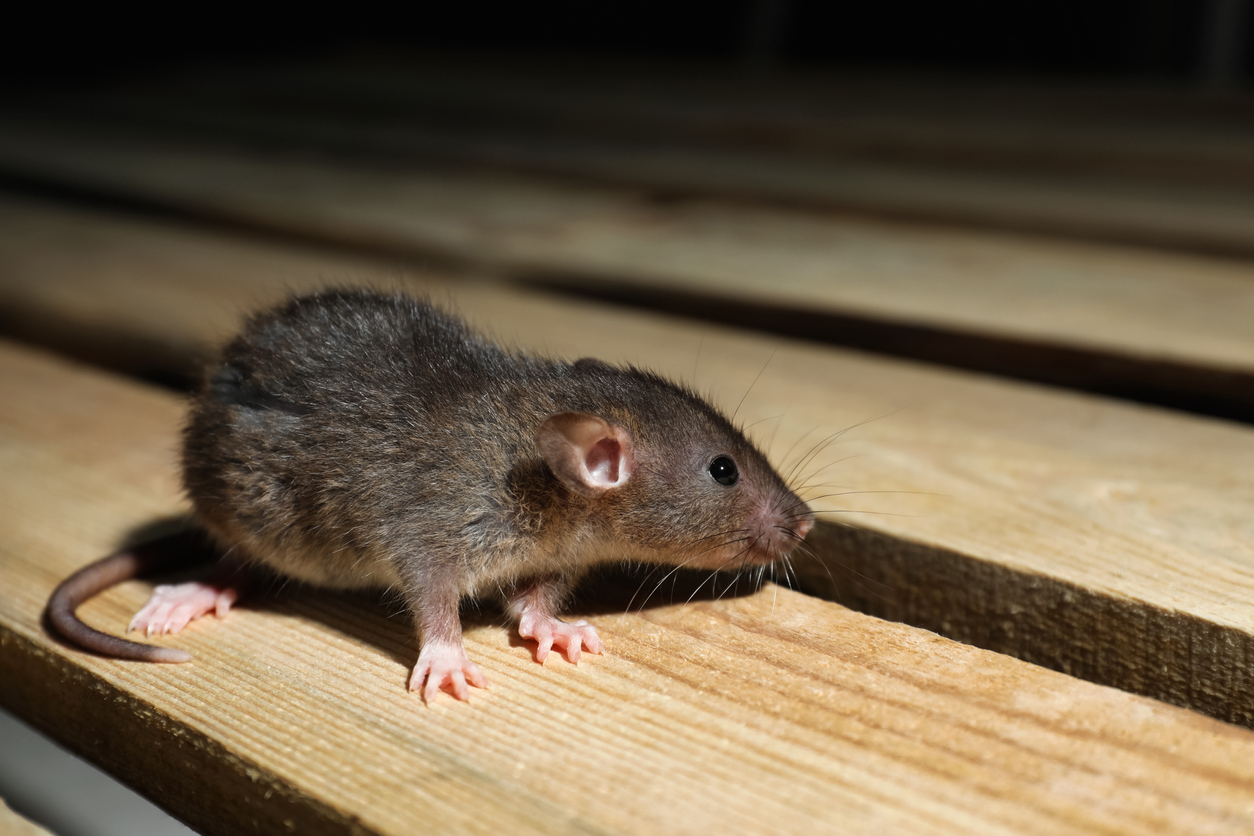Non-Toxic Rat Control for Households: Safe Solutions
Share
Rats and mice can become unwelcome guests in our homes, posing health risks and causing damage. While traditional methods often rely on harsh chemicals, many households today are seeking safer alternatives. Non-toxic rat control for households offers effective solutions without compromising the wellbeing of your family or pets.
In this article, we'll explore a variety of non-toxic methods to keep these pesky rodents at bay, ensuring your home remains a safe haven. From natural repellents to preventive measures, there are numerous ways to tackle this issue without resorting to harmful chemicals.

Understanding the Risks of Chemical Rodent Control
Chemical-based rodent control products often contain substances that are harmful to both humans and the environment. These chemicals can pose significant risks, especially in households with children or pets. It's crucial to consider safer alternatives that are just as effective but without the associated hazards.
One of the main issues with traditional rodenticides is the potential for secondary poisoning. This occurs when a pet or other wildlife consumes a poisoned rodent, leading to unintended consequences. By opting for non-toxic methods, you can prevent these risks and ensure a healthier living environment.
Natural Repellents: A Safe and Effective Approach
Natural repellents are a popular choice for those seeking non-toxic rat control. These solutions utilize scents and substances that rats find unpleasant, encouraging them to leave the area. Common natural repellents include peppermint oil, cloves, and vinegar.
Peppermint oil, in particular, is known for its strong scent, which rats find overwhelming. By placing cotton balls soaked in peppermint oil around your home, you can create an environment that is inhospitable to rodents. Learn more about creating effective essential oil blends for rodent control.
Preventive Measures for Long-Term Success
Preventing rodents from entering your home in the first place is one of the most effective non-toxic strategies. Sealing entry points, such as cracks and gaps in walls, doors, and windows, can significantly reduce the likelihood of an infestation.
Maintaining a clean and clutter-free environment is also essential. Rodents are attracted to food sources, so it's important to store food securely and keep kitchen areas tidy. Regularly disposing of trash and reducing potential nesting sites can further deter these unwanted visitors.
Innovative Traps and Devices
While traditional traps can be effective, there are now innovative options that align with non-toxic principles. Electronic traps, for example, provide a humane way to capture rodents without the use of poison. These devices often feature an enclosed design, preventing accidental contact with pets or children.
Glue traps, on the other hand, should be avoided due to their inhumane nature and the potential distress they cause to captured animals. Instead, focus on humane traps that allow for the safe release of caught rodents.
For more insights on non-toxic rodent control, visit this comprehensive guide on natural mouse repellents.
Community and Professional Support
Sometimes, a rodent problem may require professional intervention. Many pest control companies now offer non-toxic solutions, using eco-friendly products and methods. These professionals can assess your situation and provide tailored solutions for effective control.
Engaging with community initiatives can also be beneficial. Many neighborhoods have programs aimed at reducing rodent populations through collective efforts. Sharing information and resources with neighbors can lead to more efficient control and prevention.
Benefits of Non-Toxic Rat Control
Choosing non-toxic methods for rat control offers numerous benefits. Aside from protecting your family and pets from harmful chemicals, these methods also contribute to a healthier environment. By reducing the use of toxic substances, we can minimize pollution and protect local wildlife.
Additionally, non-toxic solutions can be cost-effective in the long run. By focusing on prevention and natural repellents, you can reduce the likelihood of recurring infestations, saving time and money on repeated treatments.
Conclusion
Implementing non-toxic rat control in your household is not only a responsible choice but also an effective one. With a variety of natural repellents, preventive measures, and innovative traps available, you can manage rodent issues without resorting to harmful chemicals.
Explore further strategies on natural rodent control for families with children. Together, we can create a safer and healthier home environment for everyone.

FAQs
What are some natural repellents for rats?
Peppermint oil, cloves, and vinegar are effective natural repellents that can deter rats from entering your home.
How can I prevent rats from entering my house?
Sealing entry points, maintaining cleanliness, and reducing clutter can prevent rodents from accessing your home.
Are electronic traps effective for non-toxic rat control?
Yes, electronic traps provide a humane and poison-free method for capturing rodents, aligning with non-toxic principles.
